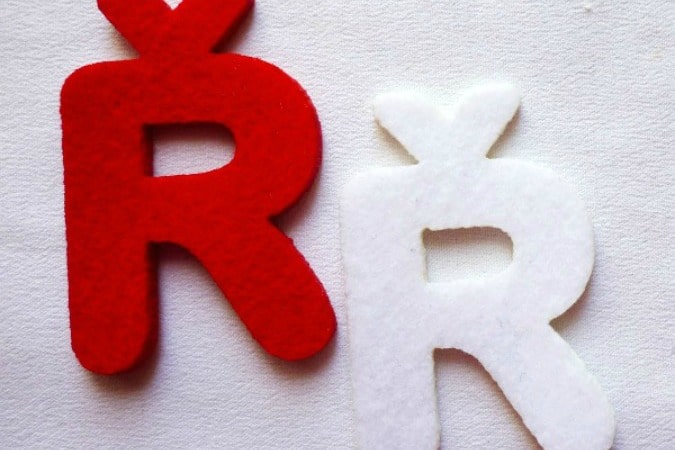Despite the romantic notions of books like Eat Pray Love, packing up and moving abroad, far away from family, friends, and the comforts of home is no small thing – so much distance can impact even the healthiest psyche.
And while the phases of the integration process are well documented, for foreigners living in the Czech Republic staying positive can take some work, says Dr. Désirée Gonzalo, a Spanish clinical psychologist who in her nearly decade of practice in Prague has noticed some recurring problems in its foreign-born population.
PARTNER ARTICLE

Common Struggles for Foreigners Living Abroad
For many of us, the Czech language is our greatest foe. Who doesn’t have a story of blundering through an interaction with a shopkeeper or bus driver?
Relying on friends and translators in order to break into the local culture and way of life can also weigh on your self-confidence (not to mention trigger pre-existing insecurities, social anxiety, and mistrust issues).

If you occasionally feel lacking in social identity, uprooted and adrift, you’re not alone, says Dr. Gonzalo.
“We have all experienced a range of emotions, sometimes very intense ones that interfere with our daily functioning. We have all had difficult situations when relating to others.”
Keep Your Mental Health In Czech
These struggles can lead to difficulties with the integration process, and a tendency towards isolation – or countless hours spent commiserating with other foreigners on message boards devoted to expat life.
“I often hear complaints about the ‘Czech ways’ (or ‘Czechness’) along with significant resistance to adapt. There is this expectation [by some foreigners] that local people should behave according to the customs of their own place of origin,” she says.
For good expat mental health stick to healthy eating and sleep habits, exercise, maintain a balance between duties and leisure, and avoid toxic relationships, says Dr. Gonzalo.

“It’s important to be selfish about time spent with people you value (they are your support network), spending more time offline, or joining activities where you can [interact] with new people.”
Warning Signs that It’s Something More
So how do you know when your funk is just plain old homesickness and when it’s time to get serious about getting help?
When functioning at work, socially, or within your family becomes a challenge, it may be time to seek professional help. Dr. Gonzalo gives these 5 symptoms as warning signs of a bigger problem:
- Inability to complete daily tasks (failing to meet deadlines or expectations)
- Drinking more than usual or using substances
- Extreme difficulty engaging in conversation or maintaining valuable relationships
- Increased relationship troubles (serious conflict with partners or children)
- Mounting sleep issues and irritability
A number of psychotherapists in Prague offer services in several languages, including English (see listings here). When psychiatric medication is needed, Dr. Gonzalo advises seeing a psychiatrist, as they are licensed to prescribe and have greater expertise in mental health than a GP.

In the end, developing resilience, or the ability to withstand and overcome difficult or even traumatic circumstances (and make no mistake, such a big life change can be traumatic for many) is the key to optimizing mental health during your stay in the Czech Republic.
“Life as an expat can be a road with countless blocks. We can aim to learn and enjoy from traveling this road and to deal with hardship with as much serenity and wisdom as possible,” says Dr. Gonzalo.
Dr. Désirée Gonzalo is a clinical psychologist and practicing expat psychotherapist living in Prague since 2008. She currently works in student counseling services at NYU. Contact her at drdesireegonzalo@gmail.com.













 Reading time: 3 minutes
Reading time: 3 minutes 





















